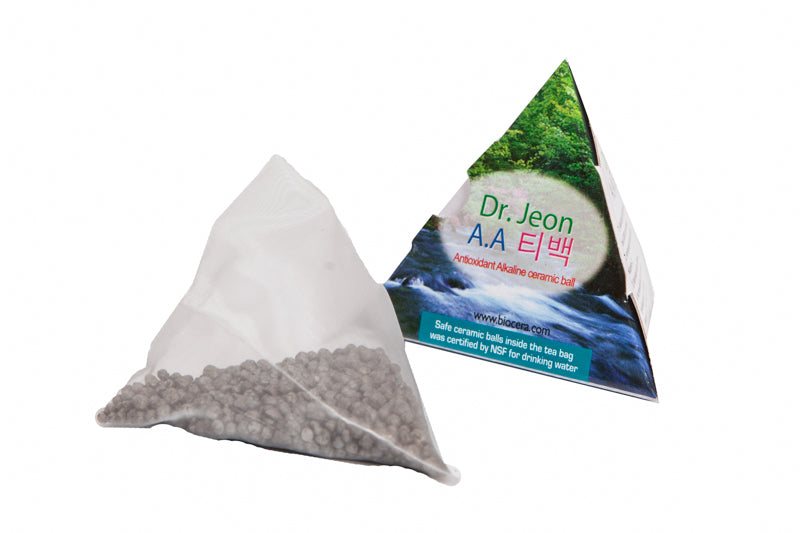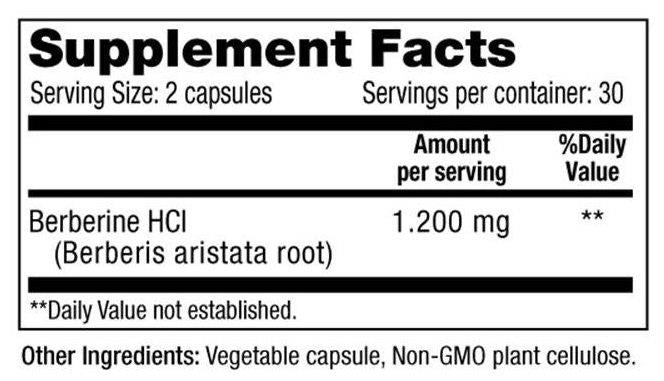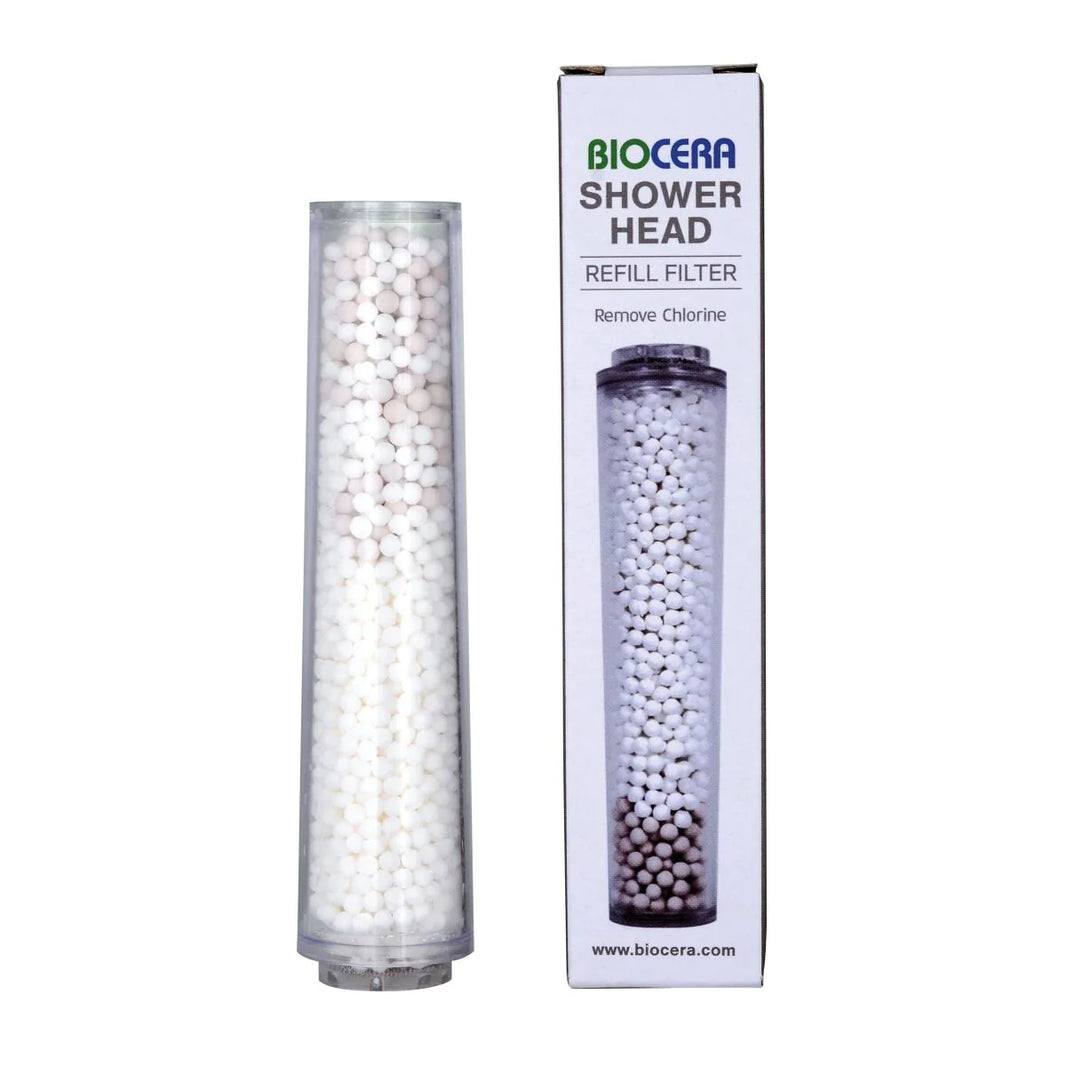Uterine fibroids are benign (non-cancerous) tumours that grow in the wall of the uterus. Though typically small and symptomless, fibroids can cause pelvic pain, abdominal swelling and heavy menstrual bleeding, and are believed to affect around 50% of women of reproductive age.
Fibroids tend to shrink post-menopause, and with that, symptoms – where present – typically ease. Treatment for uterine fibroids usually includes medication to relieve symptoms (including NDAIDs), and in the worst cases, a hysterectomy may be recommended.
Lifestyle and diet can also play a key role in the treatment of uterine fibroids, and in recent years several online communities have sprung up to share information and advice about managing the condition.
In this blog, we’re going to take a closer look at natural treatments for uterine fibroids.
Vitamin D
There is some evidence to suggest that vitamin D could be beneficial for those with uterine fibroids.
In one double-blind clinical trial performed in 2019, for instance, vitamin D deficient patients were treated with 50,000 IU of vitamin D on a fortnightly basis for ten weeks, with their results compared to a placebo group.
After the trial ended, vitamin D level were predictably significantly higher in the group that had received supplementation.
Importantly, though, the size of their fibroids had also significantly decreased as compared to placebo group (52.58 vs 61.11 mm, respectively).
The study built upon previous in vivo and in vitro studies that demonstrated vitamin D’s inhibitive effect on uterine fibroid growth. What’s more, vitamin D3 supplements were said to be more effective for this purpose than sun exposure.
As with many poor health outcomes, a link between vitamin D deficiency and uterine fibroids has been underscored.
Weight Loss
Risk for uterine fibroids can correlate with weight. According to one BMJ paper, the risk increases by 21% for each 10kg increase. This may be due to the fact that fat cells produce large amounts of estrogen.
Another paper from 2019 showed that “visceral fat area (VFA), body mass index (BMI), body fat percentage, waist circumference, waist?height ratio and waist?hip ratio were positively correlated with the incidence rate of uterine fibroids,” with VFA and body fat correlating with the size of fibroids – albeit the correlation was said to be relatively weak.
The take-home? Maintain a healthy weight to reduce your risk.
Birth Control
Because fibroids are hypersensitive to hormones such as estrogen and progesterone, birth control pills can cause fibroids to grow in size.
This is why doctors will often advise fibroid patients to stop taking birth control pills, though paradoxically, the same pills may help to manage a common symptom (namely, heavy bleeding).
Low-dose hormonal birth control pills are another option, including low-estrogen and progestin-only pills.
Needless to say, your GP is the best person to speak to about contraception.
Diet
Research into dietary influences on the development of uterine fibroids is ongoing. Some papers suggest that an abundance of red meat sets the stage for fibroids, though conversely, there also appears to be a link between animal-derived Vitamin A (eggs, meat, cheese, liver, cod, kidney) and reduced risk.
Alcohol consumption also appears to be a risk factor, while green vegetables, fruit, fish and green tea have protective effects.
Ultimately, you are best served avoiding highly processed foods and refined carbohydrates and choosing natural alternatives: fresh produce, brightly coloured fruits and vegetables, omega-3 rich fish and mostly white meat.
Conclusion
Because fibroids are hypersensitive to hormones such as estrogen and progesterone, birth control pills can cause fibroids to grow in size.
Uterine fibroids are incredibly common, and as such, there is no reason to be unduly concerned if you are diagnosed. Fibroids can be as small as a grain of rice or as big as a grapefruit.
The fact is, fibroids are non-cancerous and do not increase the risk of uterine cancer. In fact, two-thirds of fibroids aren’t large enough to be detected! They are usually caused by genetics and prolonged exposure to estrogen.
If you do experience bad symptoms, though, treatment could be necessary. Hopefully this article has provided some food for thought, though naturally you should discuss your options with your healthcare practitioner.
Water for Health Ltd began trading in 2007 with the goal of positively affecting the lives of many. We still retain that mission because we believe that proper hydration and nutrition can make a massive difference to people’s health and quality of life. Click here to find out more.



























Leave a comment